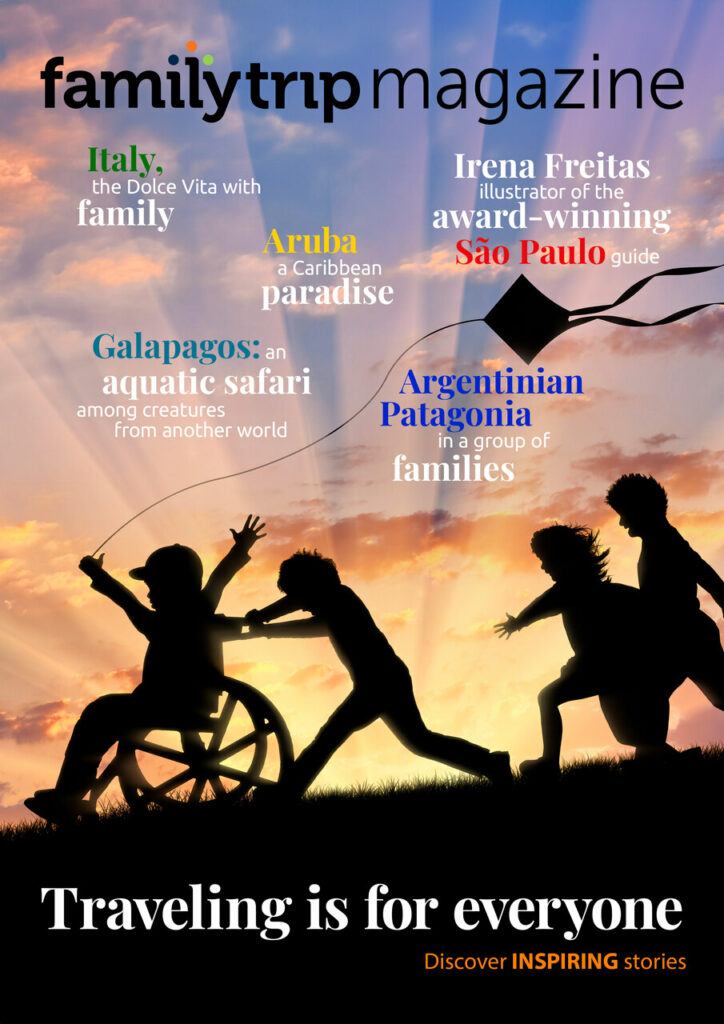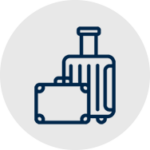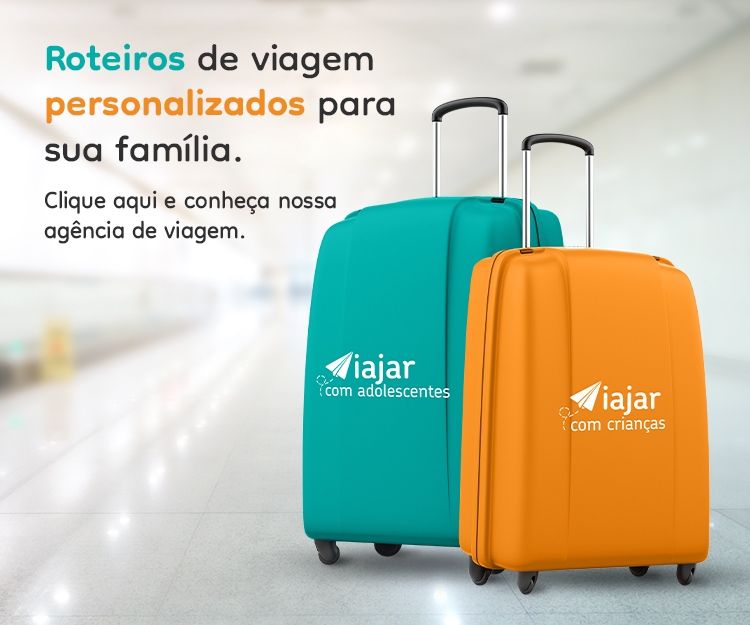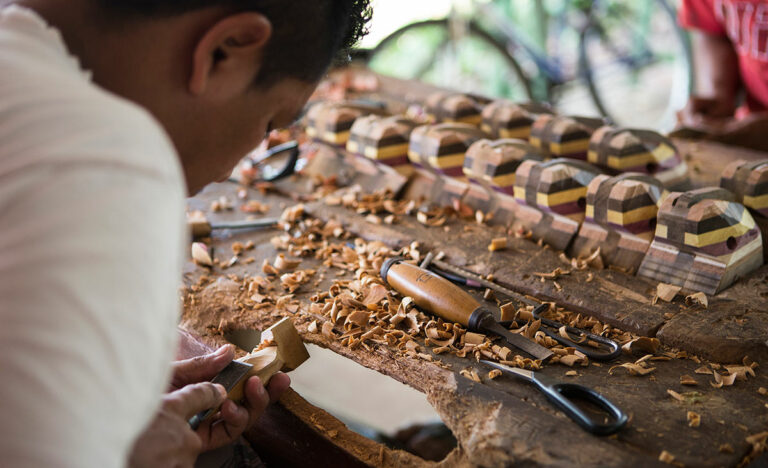
After the pandemic, what travel insurance do we need?
There are still doubts and changes to come. However, it’s better to travel with more protection from now on
By Denise Bobadilha
Everyone knows a similar story. That beautiful sunny day in paradise ruined by a sore throat or a high fever – and the family has to say goodbye to the vacation. Unforeseen health problems happen on trips and can ruin moments that have been planned for months. As you cannot fight against the unimaginable, having some health insurance at least guarantees one less discomfort: the headache of dealing with a health system away from your home (and sometimes in a foreign language).
With the Covid-19 pandemic, virtually all the destinations outside of Brazil require proof of health insurance before entering the country. From 2021, most of these services include clauses relating to cover in the event of Covid-19 infection, dispensing the need for additional cover.
The pandemic has also highlighted another aspect of travel insurance: last-minute changes and cancellations have become more common and can be included in the policies.
How to choose?
Credit card companies, insurance companies, banks and health plans offer assistance and travel insurance plans. Therefore, it is worth checking which cover you already have automatically.
Users of premium health plans already have travel insurance included in their policy. They are included in almost all of the plans of Omint; the Amil One line; and some of the lines of Sul América, Bradesco and NotreDame. Users only need to communicate the plan before traveling, informing the travel dates and destinations.
In the case of credit cards, the holders of Platinum cards and above can also count on healthcare. Visa and MasterCard offer cover – but, in general, require that the airline tickets have been purchased with the card and that the insurance cover note is issued before the trip, through the respective websites. The cover is valid for the holder, spouse and children up to 23 years old, for trips of up to 60 days.
Those who do not have health plan or a credit card coverage can buy health insurance from operators such as Assist Card (all the plans with Covid-19 cover), Allianz Travel, Bradesco, South America and Universal (formerly Travel Ace). Family plans can offer interesting discounts. Finally, another option is to combine the purchase of foreign currency with travel insurance. Operators such as Banco Daycoval and Confidence Câmbio offer discounts depending on the combination of the purchased currency and insurance plan.
Publicidade
What to check?
Emergency care, hospitalization, medications and medical transfers are included in all the policies, with the minimum value of the policy varying.
Some services offer reimbursement of expenses after use, which can happen hours (chargeback) or weeks after use. In addition to the type of coverage and the Covid-19 item, check whether the insurance also covers dental emergencies and services such as lost luggage and overbooking by plane or hotel. Important detail: trips that involve sports, such as skiing, surfing and snowboarding, among others, may require extra cover. There are also differentiated prices for cruises and for pregnant travelers.
How much will it cost?
Prices vary according to the duration of the trip, the location and the age of the travelers. A 10-day trip to Europe in early 2022 can cost between R$ 200 to R$ 600 per adult for the entire period, for example. A family with two adults and two children, for the same period, has a minimum disbursement of around R$ 1,600. It must be emphasized: even the most basic cover is indispensable – in fact, as I said at the beginning of this text, it is obligatory in most countries. In Europe, among the countries that are part of the Schengen Treaty, the minimum cover is 30,000 euros.
How to use it?
Like all insurance, we buy it hoping that we don’t need to use it. However, be ready to use it when required: download the app of the operator before leaving home. Make a written note of the emergency phone number of the insurance company in more than one location and print the policy.
In an emergency, call the insurance company before seeking care (if possible, of course). The services operate 24 hours a day, seven days a week, and have operators who speak Portuguese. With your policy number, the operator will already have to hand the type of service you are entitled to and can guide you on which hospital or healthcare to seek. Or even send a doctor to your address. Keep all the receipts and reports involved in the service, even if you don’t pay anything.
Services
Finally, a golden tip: never leave home without taking the basic medical kit of the family, with the main medicines, especially those indicated by the pediatrician, with the appropriate prescriptions. It is not always easy to get medications abroad, and the medical kit can avoid this potential problem.

















